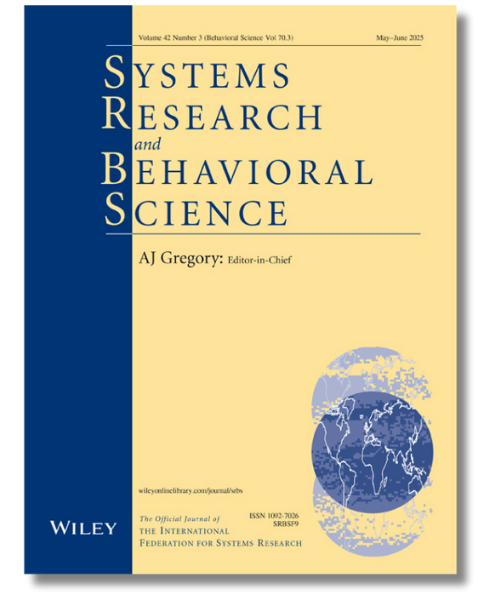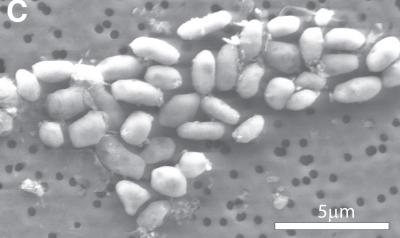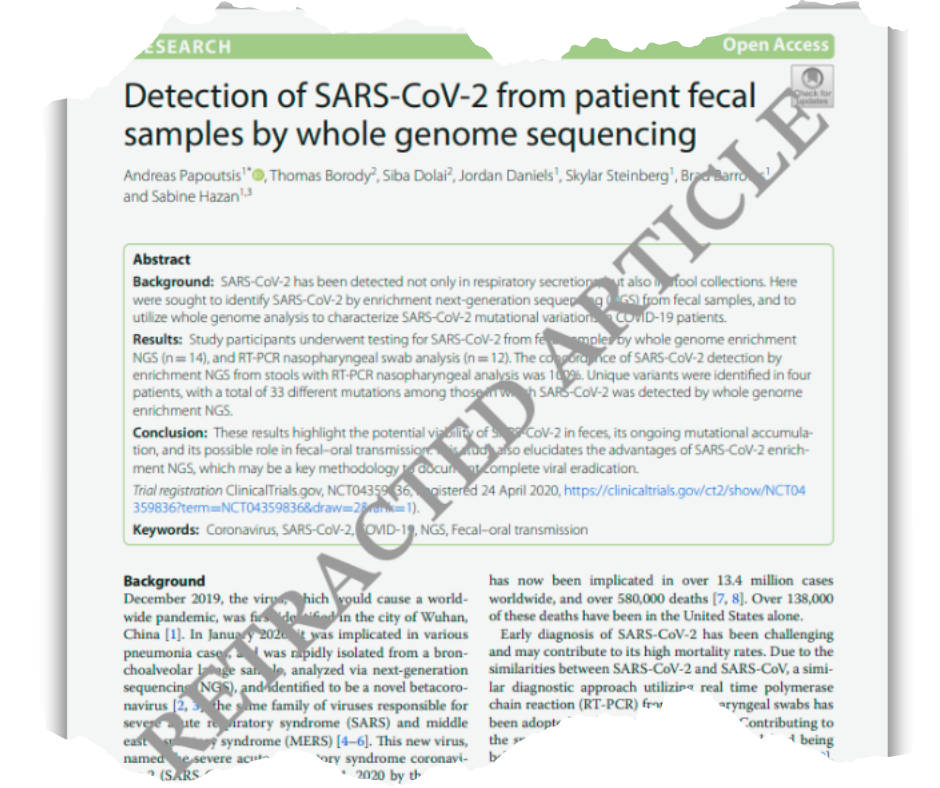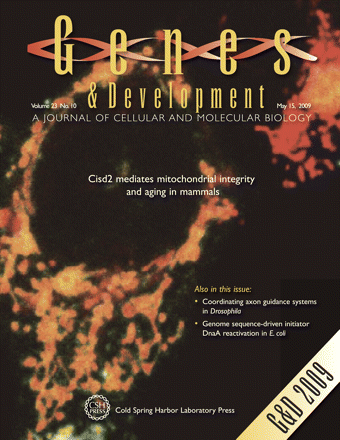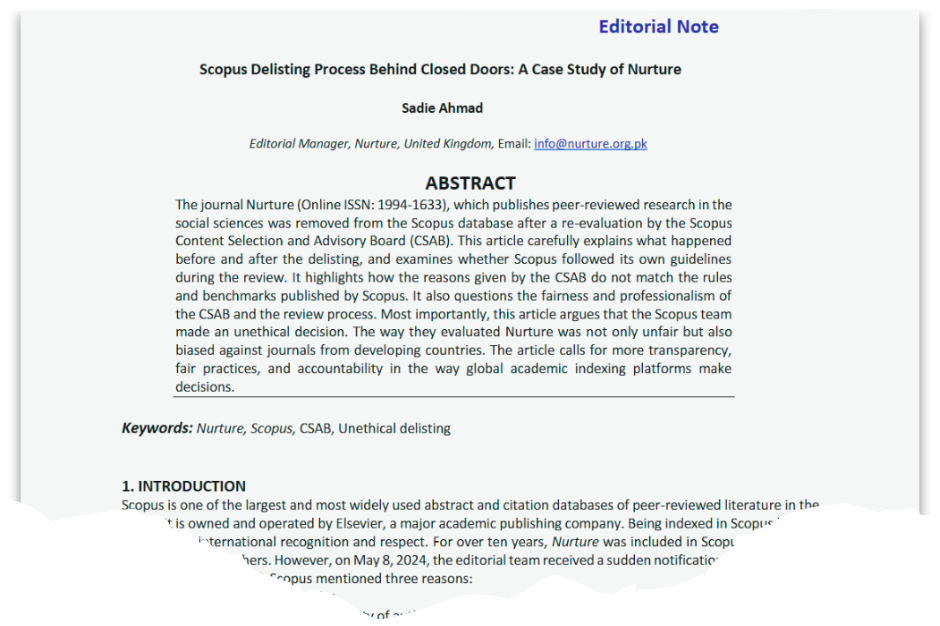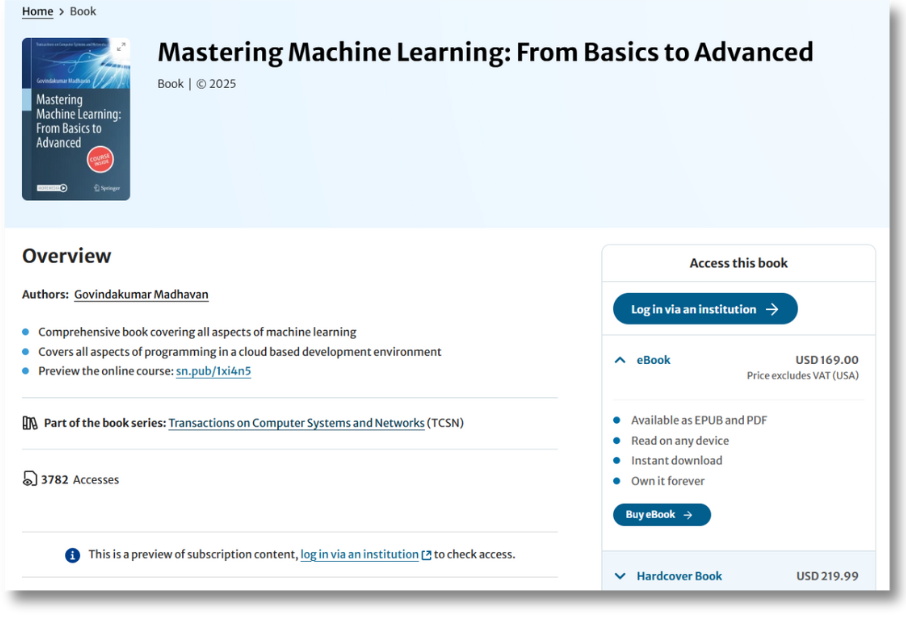An early-career researcher who discovered a nearly identical version of her manuscript published by the researcher who reviewed — and recommended rejecting — the work for another journal is still awaiting a resolution 10 months after reporting her concerns.
Shafaq Aftab, now a lecturer at the University of Central Punjab in Pakistan, learned of the published study last fall in an alert from ResearchGate. The paper, published in Systems Research and Behavioural Science (SRBS) in September 2024, was not only similar to research she completed during her Ph.D. coursework, it was the exact work she had submitted to another journal in late 2023, Aftab told Retraction Watch.
An email exchange she had with the editor of that journal, Information Development (IDV), confirmed the author of the published study was a reviewer of Aftab’s manuscript.
Continue reading Reviewer accused of stealing manuscript and publishing it as his own denies he refereed it